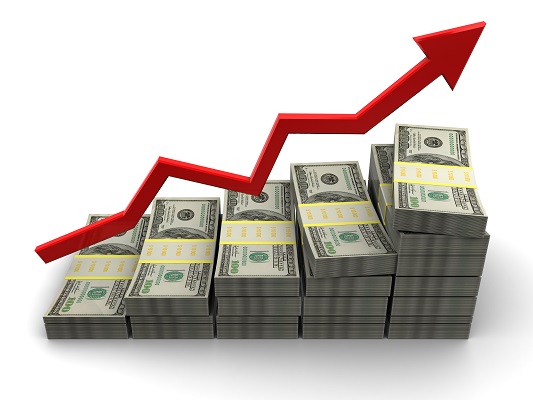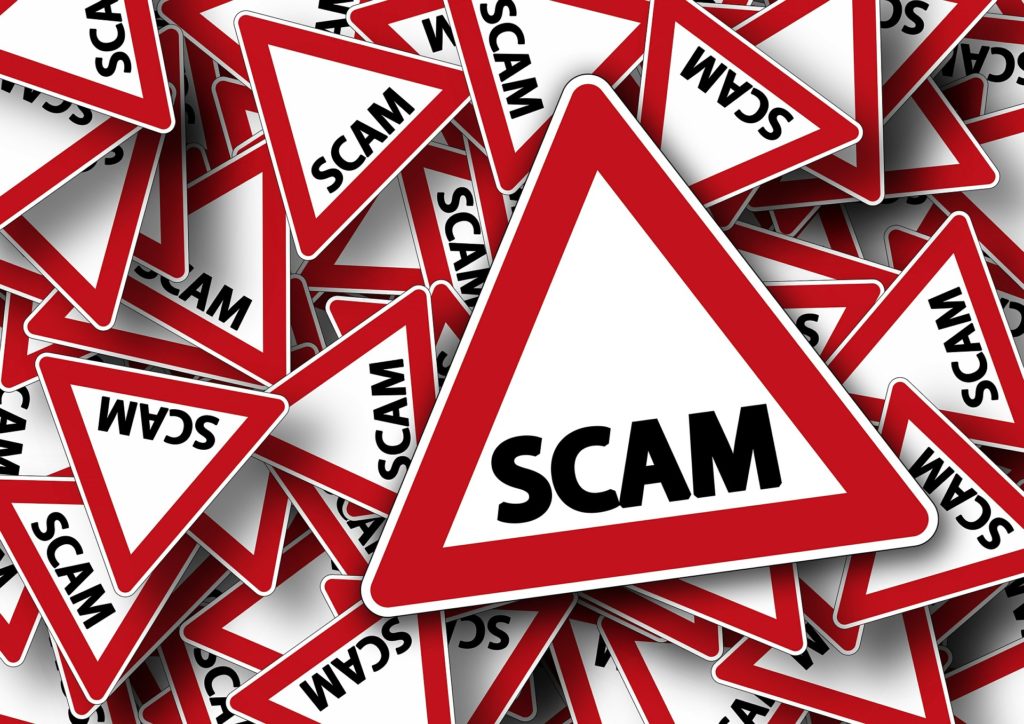An Interview with Adrian Miller
Teaming up with celebrities for branding campaigns or endorsement deals is a tried and proven strategy to drive business growth. Learning the best approaches to successfully land a long-term partnership, however, takes a bit of learning. I recently sat down to talk with Adrian Miller, an American Music Entertainment Executive, Manager, and Executive Producer to get some insider insight into how branding partnerships have worked for the artists he works with.
Who is Adrian Miller?
Adrian Miller currently manages a wide variety of artists, including Mereba, Anderson .Paak, NxWorries and The Free Nationals. With one of the most diversified portfolios in the music industry, Adrian has worked as a label owner, publisher, songwriter, A&R/talent scout, executive producer, and artist manager.
I’ve pretty much done as many different jobs as you can do. You know, I started out in black music working for a very urban radio station in Tulsa, Oklahoma when I was in school—ITU—and that was the budding of an era that gave me access to hip hop in New York and LA, simultaneously. So, for me, it was all about pushing the culture forward and being a part of the movement.
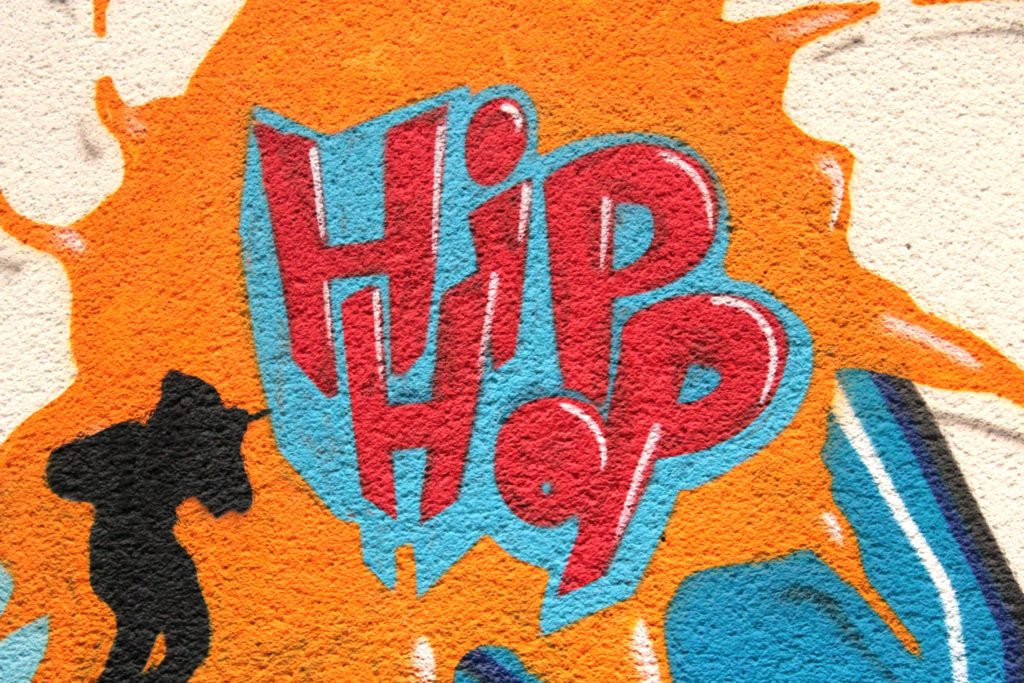
Miller has received several RIAA certifications for gold and platinum sales success in music, and in 2019, he was part of the team that was recognized with the Grammy Award for best rap performance, which was “Bubblin” by Anderson .Paak. His beginnings, however, forced him to follow talent as he moved all around California looking to cement his place in the hip hop music industry. Miller truly made a name for himself when he was introduced to the artist known as Anderson .Paak.
The artist I found was Breezy Lovejoy. Breezy Lovejoy changed his name one day to Anderson .Paak….And I just said, “You want to change your name? Go ahead. I don’t care. That’s a creative choice.”… He’s like, “Well, when I get introduced to Dr. Dre, I don’t want to be Breezy LoveJoy. What kind of name is that?”…Dre was at the top of his (wish list), you know? And all I did was brought all of that to fruition; I manifested his dreams.
Among some of his current ventures, Adrian is the creator of Xyion Inc., a marketing research company that can trend forecast change in our marketplace. He uses this company to locate fresh talent in the music industry, including writers, producers, and image-makers.
I feel like we are in a supply chain of protecting this creative space. And my job is to make sure that that X over here and that Y over here are connecting and being supplied and being you know, populated and being moved along pretty gradually and grow. And you know, Zion is the most high. Bob Marley has big records about you know, what Zion means and how Zion plays a role in his love of God… …I always feel like I’ve been blessed to be a part of something bigger than me, which is this culture; but I also want to graduate and grow the people around me. I don’t ever want to be considered the smartest person in the room—I like to be in the room with the smartest people. And that’s what Xyion is about. It’s about growing prosperity and infinite understanding. You know, that’s the math and science behind it.

Adrian has learned that the music industry is not a static industry, but rather requires dynamism, enthusiasm, and the ability to be all things to all people. This is one of the reasons why, according to him, Xyion has become an:
À la carte services in a boutique way in terms of offering. So, if you were to say, “Hey, I don’t need a manager, but I need some digital marketing…and it was a project that we wanted to be a part of, we could do that for you…I don’t stop. I want to learn more. I want to grab and gravitate towards bigger, better, faster, stronger opportunities for the business. In a nutshell, we do artist development and we are incubating businesses.
His company, Xyion Inc. is currently working with a wide diversity of artists, including The Free Nationals, O.B.E., Anderson .Paak, NxWorries, Shaboozey, Demetrius Jr., Los Rakas, and Pregnant Boy.
A Background in the Music Licensing Industry
While Adrian began his music career as on air radio host in Tulsa, Oklahoma, he also has an important background in the music licensing industry, which is intended to ensure that the owners of copyrights on musical works are compensated for certain uses of their work.
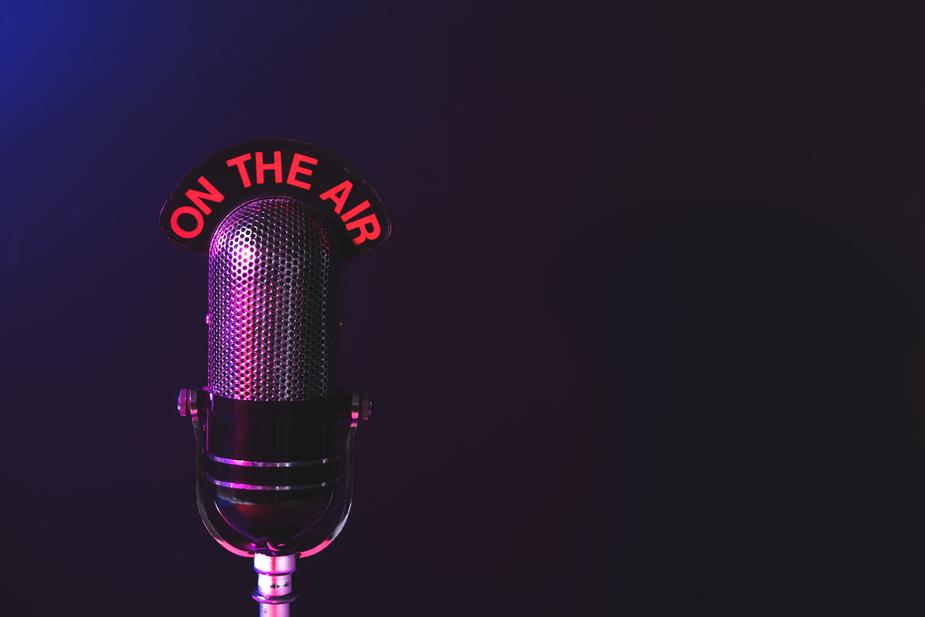
I have a background in empowering artists and making sure that everybody is protected, and in that, you know, you learn how to not only protect your (intellectual property), but exploit it. And in the exploitation from music is the licensing aspect. So, I’m constantly an advocate to support artists getting their music out and heard and on so many different platforms and ways, but letting them know that, “Hey! This is license,” so, understanding how to do that—how to administer that license. And I’ve been doing that with artists since day one, ‘cause as a writer and as an artist, I didn’t want anybody exploiting my talent or my intellectual property or my likeness without me being in the loop and knowing what was going on with that, and how to do it correctly.
Business Strategies
Another important aspect of Miller´s work as a manager and music executive is to help the artists he works with find profitable business strategies. With Anderson .Paak, an innovative business strategy allowed .Paak to have music licenses in both Apple commercials, Google commercials, and Amazon commercials, despite those companies being direct competitors.
When you’re non-exclusive, that’s exactly what it is—you’re an independent artist and you’re not exclusive to anybody. You can participate anywhere you like and it depends on, you know, what the product is. So, an Apple music commercial for HomePods doesn’t conflict with a phone commercial for Google. So that’s how you make the deals: you look at the products and you say to yourself, “If those products fit the licensing opportunity, let’s go for it.” And I don’t want to make deals for things that don’t benefit the person that wants the music or wants the artist or the talent; I want to make it where it’s a win-win. That’s my intention always.
Branding Partnership Decisions
When choosing brands and businesses to partner with, Adrian states that there is no “one size fits all” approach. With Anderson .Paak, for example he says that:
Each time it’s different. So, you know, not one thing is the same every time. There’s not a “cookie cutter” way; it may be “cookie cutter” agreements that come across, but we never do things the same way twice.
Recently Anderson .Paak has teamed up with Jameson Irish Whiskey for a new campaign dubbed “#LoveThyBar”. The campaign is designed as a strategy to encourage people to support their local bars, many of which are closing due to financial constraints. Like other artists in the music industry, Anderson .Paak got his start performing in local clubs and bars which is one of the reasons why the branding partnership was a good deal for all sides involved.
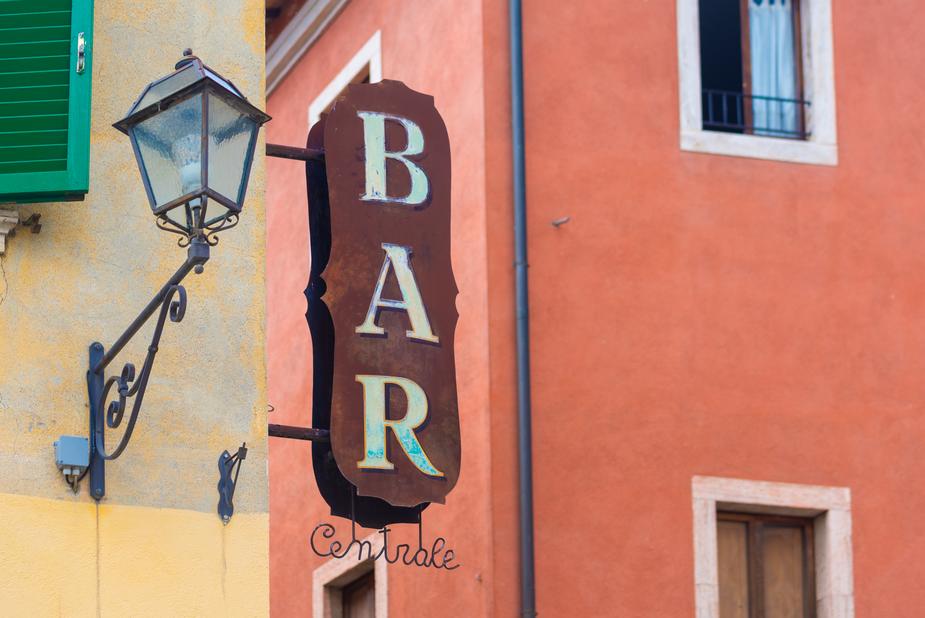
Well, Anderson has a Jameson deal right now and you know, he’s a spokesperson and you know, doing the whole nine with the company. But prior to his deal with Jameson…we did a big presentation and you know, essentially they would support the shows and make sure that the pop-ups were overtly supported with the product, and that any and all meet-and-greets were supported. And you know, pours at bars—stuff like that—would be on the house based off of the relationship with the artist, so that was pretty cool too.
The case of the Jameson Irish Whiskey partnership shows how brands and businesses can suitably approach a celebrity manager to make their pitch.
With the agency business, I get approached—as a manager—from so many different angles. And usually creatively, I tell the artist, “Hey, this is an opportunity that’s come across. Do you want to take the opportunity or would you like to approach it from a different way?” And then we may partner with the agency to do the creative together, which is pretty usual considering most artists understand their creative “means”, it’s just a matter of what the budget is.
Miller also notes that not every celebrity he works with will be open to participating in any ordinary branding campaign, even if the company has a suitable budget. In many cases, certain celebrities he works with will choose not to do a certain advertisement if they don’t feel that it fits with their brand. Mereba, for example, is one celebrity who carefully considers every branding opportunity that is presented to her to make sure it is authentic with her image, style, and brand.
So, Mereba is extremely particular about how her creative comes across and she wants to make sure that it’s authentic to her. So she’s not going to do anything that blemishes… like, she may get a role in an acting position, but she’s not doing it if it blemishes her authenticity. So, I always encourage the artist to get out in front of that and bring in their collaborators and be able to take control of it. Again, it’s an empowerment tool that we have to make sure that we step in front of and have all the control over.

Advice to Brand Managers for Reaching out to Celebrity Managers
Adrian also mentions that as a celebrity manager, he is open to brand or business contacting him directly, instead of going through an established agency.
(Brand managers) can feel free to go to my website: Xyion.com and contact me there. I’m also listed [on Booking Agent Info]and you know, that’s one way to reach out. People hit me any kind of way you can think about—there’s no one way to do it….I’ll have a friend call me and say, “Can I have such and such connect with you?” And I’m like, “Do the email introduction.” Or people will hit me on social media and my Instagram is open to the public. So you would be surprised that people really are trying to do business on Instagram like they´re 12 years old—and it’s fine with me, ‘cause…if you’ve got money and you want to spend it with me, please get in touch any kind of way you can.
Even though some celebrity managers such as Adrian Miller are open to being reached directly, knowing how to properly start the communication channel is important. That initial email or Instagram message plays an important role in determining whether or not a celebrity manager will take your pitch seriously. You can read here about some of the common mistakes to avoid in an introductory email to a celebrity manager or agent. Additionally, Adrian also mentions that:

You should put in your request for what it is you’re looking for, you should tell me a little bit about your product—I’d love to see a link that shows me how the product operates or works or feels or is. Which artist, if you’ve got an artist in mind it helps; but if you just tell me you have a product or whatever it is you’re looking to do, and asking me to make a suggestion with the people I work with, then I can do that as well. You know, and it always helps when you give me “the ask” and then you tell me the expectation of “the ask.” And then you tell me what kind of fee you’re offering for that because certain things, it’s just… say it’s social media marketing. I can’t charge you for the same thing I would charge you for cable or network.
While having the proper budget is certainly important for working with celebrities, Adrian also says that there are other considerations for the celebrity clients he works with. Doing your homework on what issues are important to certain celebrities or what causes are close to their heart can help you when crafting a potentially successful pitch.
It all depends on what it is. If somebody brings something across, it’s not money that makes it work. Again, I might think it’s good money for an artist, but the artist might say, “Naw, I’m against this. My cousin choked on a lollipop and I’m not interested in doing candy endorsements.” So, who knows? I always say, “As long as it’s not too goofy, we should at least pay attention to how we can make it work for us, you know?”
That having been said, it is important to understand that celebrity managers like Adrian are bombarded by advertising requests and branding partnership proposals on almost a daily basis. Offering a competitive budget is certainly one way to increase your chances of landing a mutually beneficial deal. Adrian says that combination of a proper budget and an interesting creative context for a branding partnership is ideal.
As far as I know, most people reach for the stars and then don’t have the budget for it; and then most people who have an overt budget don’t have the right creative context.
Small startup companies and entrepreneurial endeavors, however, will often not feel like they have the amount of capital that is needed to make a reasonable budget offer for a branding partnership or advertising campaign with a celebrity. If this is the case, Adrian also says that many of the clients he works with today are increasingly open to innovative equity deals that make it more upfront affordable for small companies to enjoy the benefits that come with celebrity endorsements.
I am all about equity when the business is worth your energy. It’s just like playing with stocks for artists, except for your putting sweat equity into something you’re believing in and hopefully, the payoff will be that of a 50 Cent Vitamin Water deal….There’s been a lot of trial and error over the years to get us to right where we are now. And that sort of thing of, “I’m going to put sweat equity in to get equity out,” I admire that. And I think that’s smart business for artists when they can find it.
When asked point blank if the artist he works with might be interested in a partnership wherein no the brand didn’t have any money to offer, but was simply offering straight equity in the company, Adrian said:
Sure, why not? People do stuff for free all day long. Why not shoot a video and put that brand in the video for product placement? They’re going to get you a percentage of the company for that service? You’d be dumb not to do that.

Collaboration between Companies and Artists for Mutually Beneficial Revenue Streams
The internet has created a virtually endless amount of opportunities for new forms of collaboration between companies and artists. Not only do these opportunities allow small companies to contact directly the representatives of major, international celebrities, but they also create new streams of income for artists, athletes, musicians, performers, and other celebrities. These new avenues of branding partnerships and endorsements are continuing to evolve, and Adrian mentions that there is one emerging industry that particularly grabs his attention.
I’m particularly interested in how marijuana and medical marijuana and cannabis and CBD oils and all those things are really making moves to be aligned with artists. And the artists that are deciding to align themselves. There was just an announcement recently with Jay-Z doing something with a cannabis line… (He isn’t) known for smoking weed; that’s not his thing. So, you wouldn’t think that that would fit with him, but you know, obviously the deal was supported because it was smart enough for him.
For small companies and brands looking to engage with celebrity managers as part of a push to take their brand to the next level, Adrian offers these final words of advice:
You pay attention to yourself and take care of yourself and then you can be a better product manager, manager, or development person for an artist. When you don’t have the capacity for yourself, you can’t think you’re going to be able to do anything for anybody else. And that means be resourceful with your access and preserve your energy so that you can really use it wisely.

